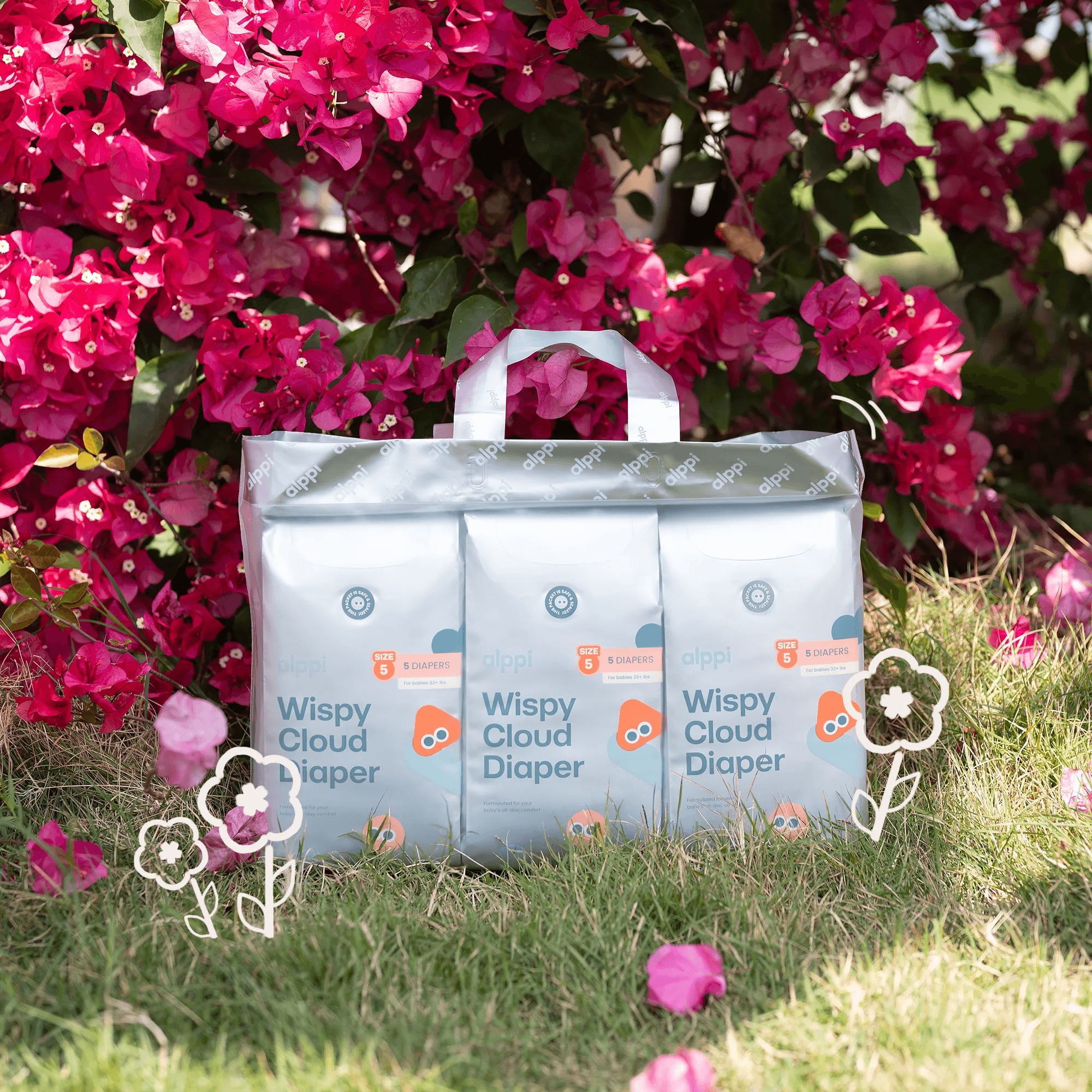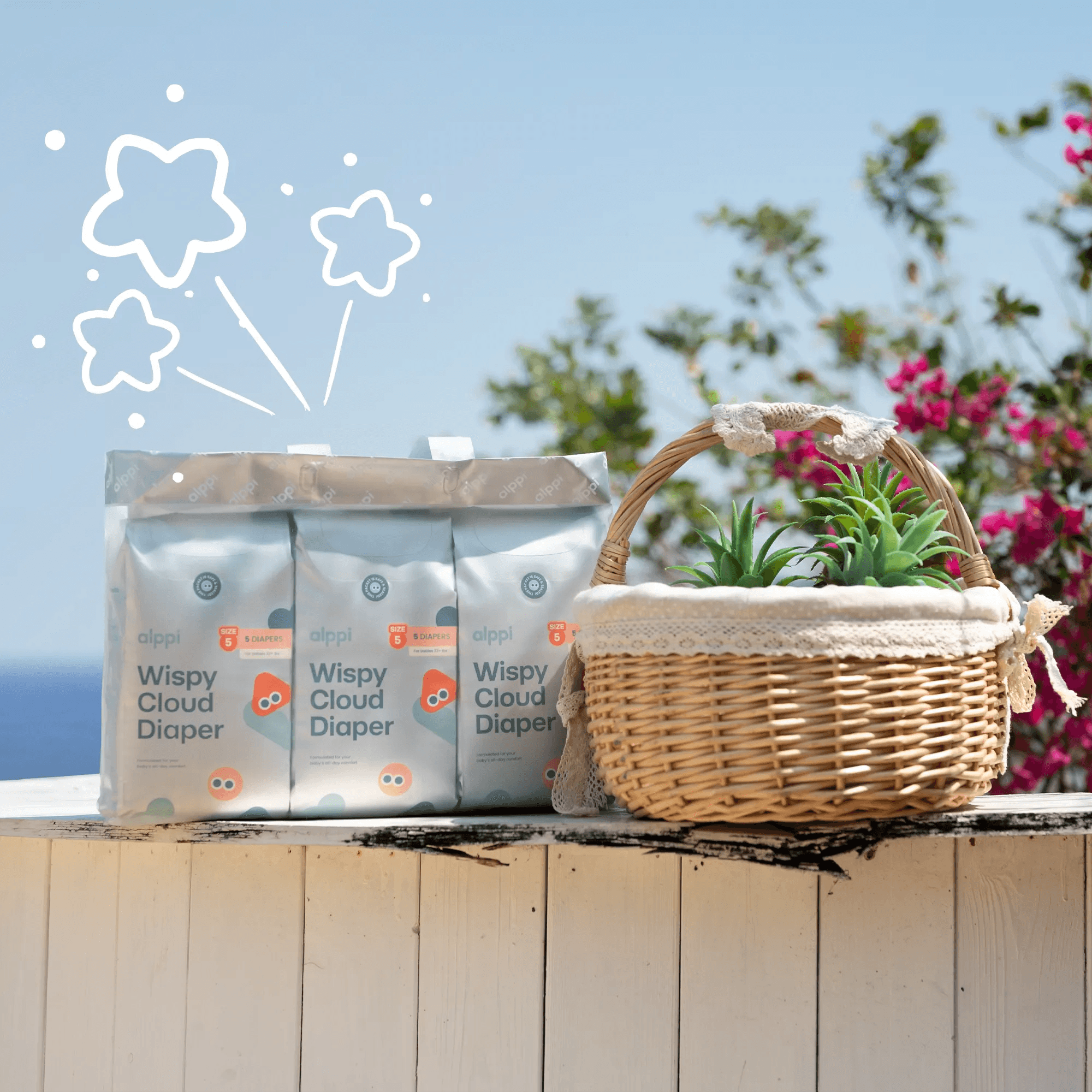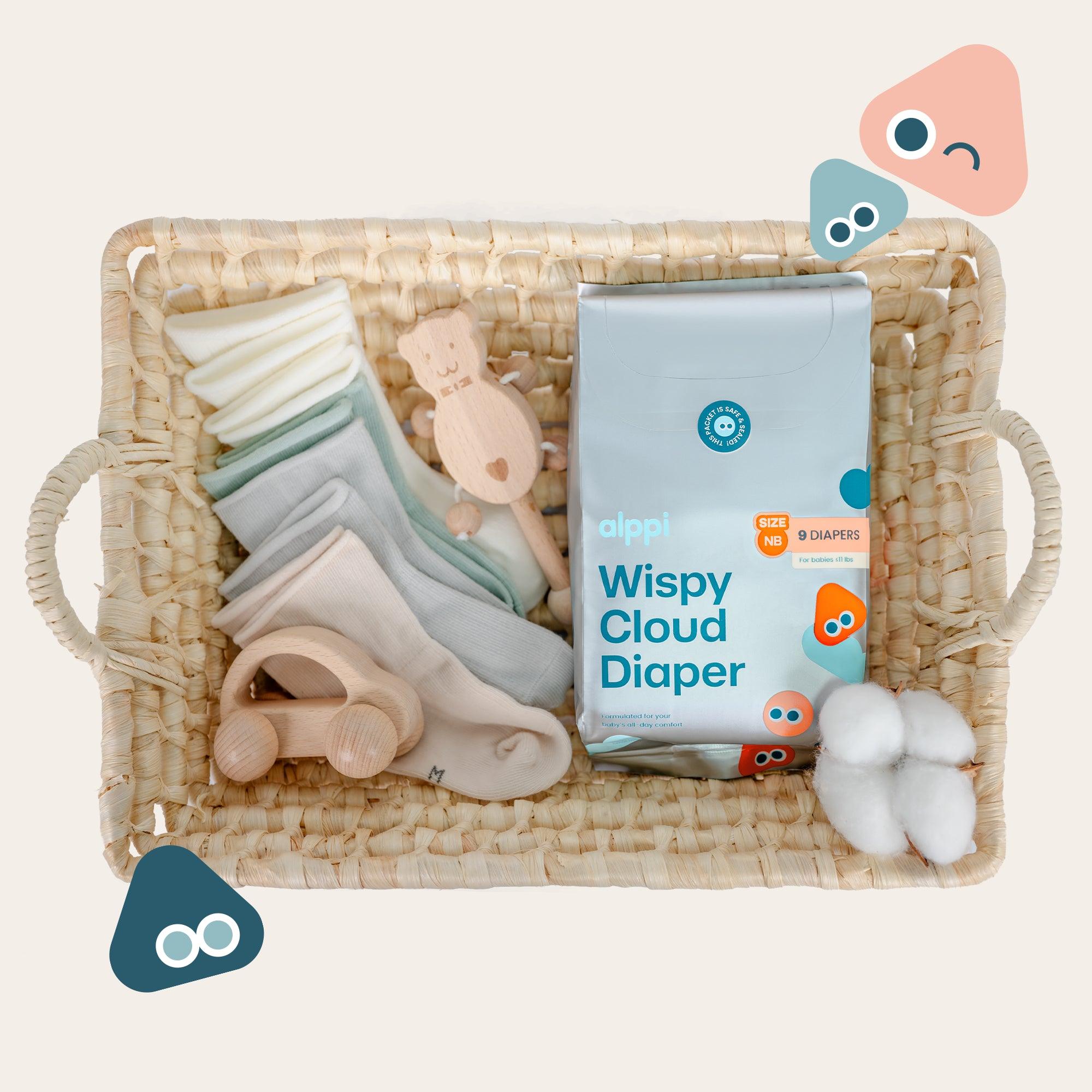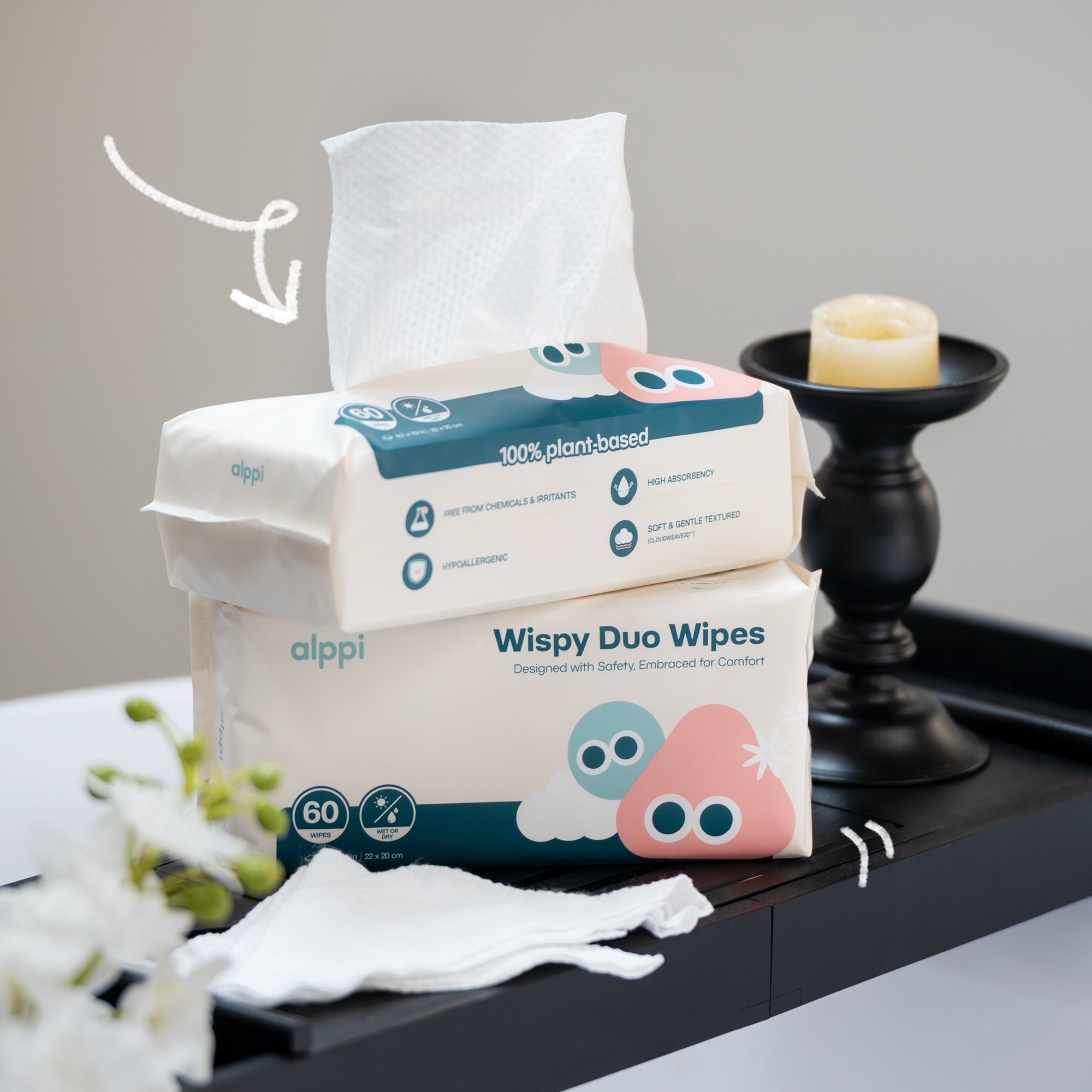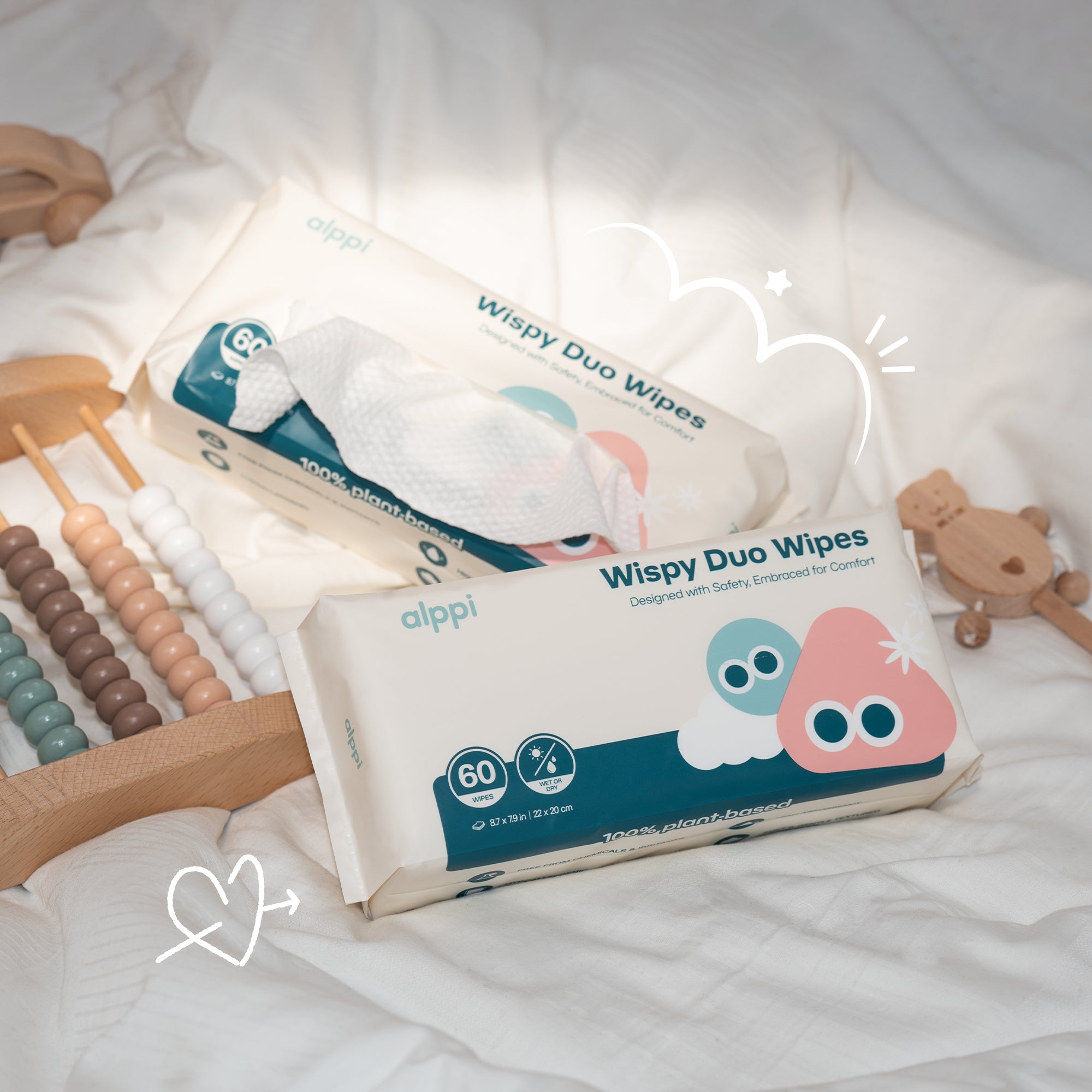Welcoming a newborn into your life is exciting, but it also comes with a lot of questions, especially about diaper changes.
One of the most common questions new parents ask is how often to change newborn diaper to keep their baby comfortable, healthy, and happy.
This guide will cover everything you need to know, from daytime changes to nighttime routines, plus tips to make the process easier.
Read on to discover how to master diaper changing like a pro.
Understanding Newborn's Diaper Needs
Every newborn is different, but most babies need frequent diaper changes, especially in the first few months.
Their tiny bladders and frequent feedings mean more wet and dirty diapers throughout the day.
Why Newborn Diapers Need Changing More Often Than Older Babies
Newborns feed more often, which leads to more frequent bowel movements. Their skin is extra sensitive and prone to irritation. Even short exposure to moisture or stool can cause discomfort or rash.
How Your Baby’s Age Affects Diaper Change Frequency
👶 First month: about 10 to 12 changes per day
👶 After the first few months: about 8 to 10 changes per day
👶 Older babies: may go longer between changes without discomfort
Wet vs. Dirty Diapers: What’s the Difference?
- Wet diapers: caused by urine, may not smell strong but still need prompt changing
- Dirty diapers: contain stool and should be changed immediately to protect skin
How Often to Change a Newborn Diaper During the Day
During the day, newborns often need a fresh diaper every two to three hours or right after they soil it. This keeps them comfortable and helps prevent skin irritation.
Typical Daytime Diaper Change Schedule (0–3 Months)
✅ Change after every feeding or every 2 to 3 hours
✅ Expect around 6 to 8 changes during the day
✅ Adjust based on your baby’s feeding and sleeping patterns
Signs It’s Time for a Fresh Diaper (Even If It’s Not Full)
✅ Fussiness or restlessness
✅ Diaper feels warm, damp, or heavy
✅ Visible wetness or sagging
Preventing Diaper Rash with Timely Changes
✅ Change promptly to keep skin dry
✅ Apply a gentle barrier cream if redness appears
✅ Choose fragrance-free and dye-free creams for newborns with sensitive skin
For frequent daytime changes, many parents prefer Alppi Baby diapers, which are breathable, chlorine free, and designed to be gentle on sensitive newborn skin.
👶🏻Diapers & Wipes You May Want to Shop
Explore More📌 For more tips, check out this simple baby diaper changing guide.
Nighttime Diaper Changes: What Parents Should Know
Nighttime changes can be tricky because you do not want to fully wake your baby. However, skipping changes for too long can lead to discomfort or leaks.
Should I Wake My Newborn to Change My Diaper
Whether you should wake your newborn depends on the situation:
✅ If the diaper is only wet, it is often fine to wait until your baby wakes naturally.
✅ If the diaper is dirty, it should be changed right away to prevent rash and discomfort.
How Often to Change Newborn Diaper at Night Without Disrupting Sleep
Most newborns need one or two diaper changes at night. It is usually done during feeding times.
Using an absorbent or overnight diaper can reduce extra changes and help your baby sleep longer
Tips for Quiet, Low-Light Nighttime Changes
✅ Keep a dim nightlight near the changing area
✅ Prepare supplies ahead of time
✅ Move gently and speak softly to help your baby fall back asleep
For overnight changes, some parents prefer Alppi Baby dry wipes with warm water because they are soft, quiet to use, and gentle on newborn skin.
How Many Diapers Does a Newborn Use in a Day
Knowing the average diaper count can help you plan ahead and avoid last-minute store runs.
Average Diaper Count by Age and Feeding Type
👶 Breastfed newborns: often have more frequent bowel movements
👶 Formula-fed newborns: may have fewer dirty diapers but still frequent wet ones
👶 Early weeks: expect 8 to 12 diapers a day
How to Track Diaper Usage for Health Monitoring
✅ Keep a log of wet and dirty diapers
✅ Use a phone app or notepad for convenience
✅ Helps track hydration and digestion patterns
Budgeting for Diapers: Weekly and Monthly Estimates
👶 First month: around 300 or more diapers
👶 Weekly: about 70 to 90 diapers
📌For tips on choosing the right diaper, browse what makes a good diaper.
What Happens If You Don’t Change a Newborn’s Diaper Often Enough
Skipping diaper changes can cause more than just a fussy baby.
Risks of Diaper Rash and Skin Irritation
✅ Prolonged moisture or stool contact can cause redness, bumps, or sores
✅ Discomfort may disrupt your baby’s sleep
✅ Severe rashes may require medical attention
How Long Is Too Long Between Changes
✅ Wet diaper: change within 2 to 3 hours
✅ Dirty diaper: change immediately
When to Call Your Pediatrician
✅ Skin is very red, swollen, or has sores
✅ Rash does not improve after a few days of home care
Tips to Make Diaper Changes Easier and Faster
A smooth diaper change can make life easier for both you and your baby.
Creating a Diaper Changing Station
✅ Keep diapers, wipes, creams, and extra clothes in one spot
✅ Have a portable changing kit for quick changes in other rooms
Choosing the Right Diaper Size and Type
✅ Proper fit helps prevent leaks and keeps your baby comfortable
Choosing a well fitting option like Alppi Baby diapers can help reduce leaks and support all day comfort.
📌Learn why chlorine-free diapers matter for your baby’s skin and the environment.
Best Diaper Creams and Wipes for Sensitive Skin
✅ Choose fragrance-free wipes
✅ Use gentle creams to protect against moisture
Conclusion
Changing your newborn’s diaper often is one of the simplest ways to keep them happy, healthy, and rash-free.
By following a regular schedule and paying attention to your baby’s needs, you will quickly find a routine that works for both of you.
If you are looking for soft, eco-friendly baby diapers and dry wipes designed for sensitive newborn skin, Alppi Baby offers gentle, parent trusted options that support both comfort and sustainability.
Shop Alppi Baby diapers today and give your newborn the comfort they deserve.
Frequently Asked Questions
Do you change the poopy diaper if the baby is sleeping?
Yes, you should change a poopy diaper even if your baby is sleeping. Stool can irritate the skin quickly, so it is best to change it promptly, using soft lighting and gentle handling to avoid fully waking them.
Should you change your baby's diaper before or after feeding at night?
It is usually best to change your baby’s diaper before feeding if they are very wet or dirty, so they can feed comfortably and possibly go back to sleep afterward. However, if your baby tends to poop during or right after feeding, it may make more sense to wait until they are done eating.
How long can a baby go without a diaper change at night?
Most newborns should not go longer than three to four hours without a diaper change at night. If the diaper is only slightly wet, you may be able to wait until the next feeding. However, a dirty diaper should always be changed right away.
How long after poop should I change my diaper?
You should change your baby’s diaper as soon as you notice it is dirty. Stool can irritate the skin quickly, especially in newborns. Prompt changes help prevent diaper rash and keep your baby comfortable.





